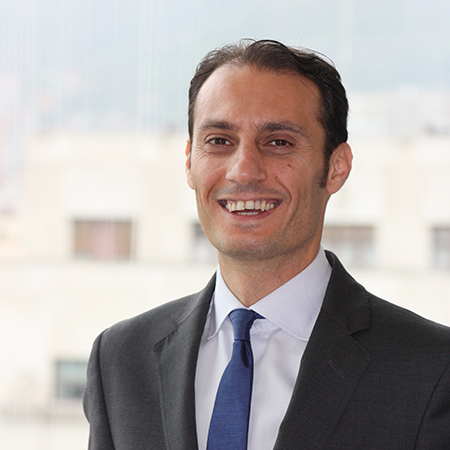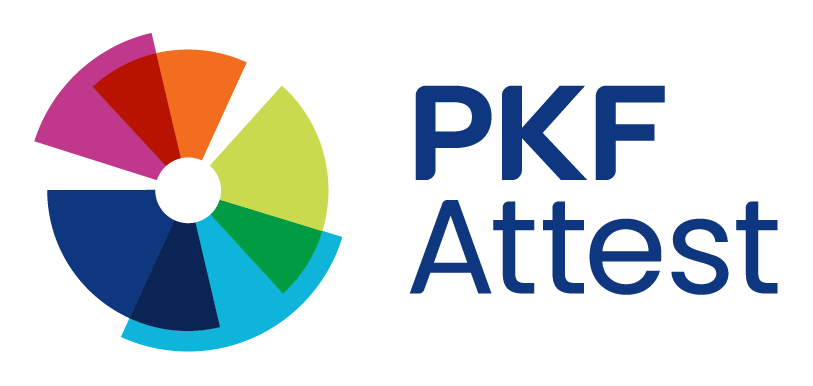Below, we highlight the main novelties in labor matters contained in RD-Law 18/2021, of September 28:
- Disappearance of the automatic extension of ERTEs
The automatic extension of the force majeure, limitation, impediment and economic, technical, organizational and/or productive causes (ETOP) ERTEs derived from COVID-19 has been eliminated. As a result, the aforementioned ERTEs will expire on October 31, 2021.
In the event that the company wishes to continue applying the ERTE that currently exists in the company, it would be necessary to submit a request to the labor authority between October 1 and 15, together with the corresponding documentation.
In the event that an ERTE extension request is submitted, it should be accompanied by the list of hours or days of work suspended or reduced by work center since July 2021.
If, in addition, the request for extension of the ERTE was for an ERTE ETOP, a report prepared by the party representing the workers who participated in the ERTE negotiating committee should also be attached.
The Labor Authority has a period of 10 working days from the filing of the request to resolve the estimation of the extension of the ERTE, if there is no response within the given period, it is understood that the request has been estimated by positive silence.
Should the extension be approved, the ERTE could be extended until February 28, 2022.
On the other hand, if the request for an extension of the ERTE is denied or the request is not submitted, the ERTE will end on October 31, 2021.
- Waivers and Grants
By means of this Royal Decree, the importance of the training of workers affected by the ERTE increases considerably, thus affecting the exemptions in Social Security contributions and the receipt of economic aid to the companies if they are carried out correctly.
Thus, companies will be able to exempt themselves from November 1, 2021 to February 28, 2022 as follows:
| Training is carried out | No training is carried out | |
| Less than 10 employees | 80% exemption | 50% exemption |
| More than 10 employees | 80% exemption | 40% exemption |
In the event that the ERTE was due to an impediment of the activity due to the measures established for the fight against COVID-19, the exonerations would be 100%.
If the company was exempting itself in accordance with the training percentages and does not carry out the training correctly in accordance with the principles established in the standard, it may be sanctioned by the labor inspectorate and must pay the differences between the amounts for which it should have been exempt with a surcharge of 20%.
If during the ERTE, the affected workers are provided with training, the affected company may receive aid for each worker trained as follows:
|
Training is carried out |
|
|
From 1 to 9 workers |
160 euros per person |
|
From 10 to 49 workers |
240 euros per person |
|
50 or more workers |
320 euros per person |
- Extension of measures established in prior Royal Decrees
The limits on the distribution of dividends and access to aid to companies domiciled in tax havens are maintained.
The prohibition on hiring and overtime for companies that are applying an ERTE continues, as well as the general prohibition on the termination of the employment relationship for objective causes related to COVID-19.
A new 6-month maintenance of employment is created, which will begin to count once the previous maintenance of employment ends.
The regulation also provides for the extension of the MECUIDA plan and the extraordinary benefit for arts professionals until February 28, 2022.
Benefits are maintained for people affected by ERTE with part-time contracts and the extraordinary benefit for discontinuous permanent employees.
- Self-Employed Workers
Exemptions from social security contributions are included for all self-employed workers who have been protected in the previous period.
During the next four months. These grants, in the form of exemptions, will be: in October 90%, in November 75%, in December 50% and in January 2022 25%.
The extraordinary benefits in force for self-employed workers to protect those who have a significant impact on their activity are maintained until February 28.




